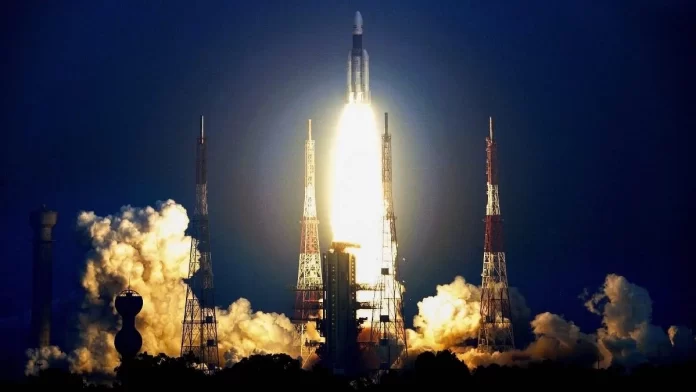Bengaluru: With increasing efforts underway from various quarters to enable a more participatory ecosystem for the private space industry, members within the community have come together to launch the country’s first dedicated space think tank, Spaceport SARABHAI (S2).
The organisation will be based out of Bengaluru, with a satellite presence in Delhi, Berlin (Germany), Sendai (Japan) and Boston (US). Its named after Vikram Sarabhai, who founded and spearheaded India’s space programme.
The think tank aims to elevate the current Indian space industry — largely occupied by ISRO and accompanying private companies that add to its services — to an industry-friendly, financially supportive, regulated space, by providing policy guidance, stakeholder feedback, and research data to the government and the Department of Space.
The organisation’s founding team includes space entrepreneurs Susmita Mohanty and Narayan Prasad, space lawyers Ashok G.V. and Ranjana Kaul, space robotics engineer Shreya Santra, and political science fellow Meera Rohera. It was launched virtually on Wednesday evening.
“The most pressing problem the Indian private sector has been facing for a couple of decades is how to go beyond simply serving ISRO’s domestic mandate and become thriving players in the (now) $440 billion civilian space market,” Mohanty told ThePrint.
“We need to liberalise our space economy, overhaul our outdated regulatory environment and make it forward-looking, hire the finest space law and policy experts to craft industry-friendly space policy for satellite fabrication, satcom, geospatial services, for space transportation,” she added. “We (the industry) should have done this 20 years ago, but we are just getting started.”
One of the main areas the team hopes to make a headway in is collecting primary data on space activity in India for original research.
“There is a lot that can be done when it comes to collecting primary data and collating it to then provide insights on top of actual real data on the ground,” Prasad said. “So policymakers can then reflect on it to base their decisions on some real statistical evidence and not just opinions.”
Also Read: NASA launches DART mission to crash into asteroid, results could help defend Earth some day
Surveys begin
S2 has already initiated surveys including one of private companies set up by Indian cofounders abroad to understand why they did not set them up in the country. Such surveys are industry-sponsored and the first couple are being undertaken by doctoral students from IIM-Kozhikode.
Through their networks in the space industry, the team also hopes to foster Indian NewSpace companies abroad and help raise foreign capital and be involved in international markets.
While ISRO set up the Indian National Space Promotion and Authorisation Centre (IN-SPACe) in 2020, to be a nodal agency bringing in private players to the sector faster, space experts have expressed their concern at the lack of a supportive financial and regulatory ecosystem that can enlarge the participation of the private sector into outer-space activities or allow them to compete in existing international markets.
“We would like to see at least a couple of space unicorns emerge from India by 2030,” Mohanty said.
The think tank also plans to launch an S2 journal, to be published quarterly, featuring opinions, future visions, use cases, and first-person pioneering accounts.
Their objective statement says that it aims to give India an international voice, grow the body of knowledge that informs space policy, build perspective through discourse, provide data-backed policy recommendations, and transform India into a developed space economy by 2030.
(Edited by Arun Prashanth)
Also read: This quasi-satellite of Earth could actually be a piece of Moon, astronomers say



